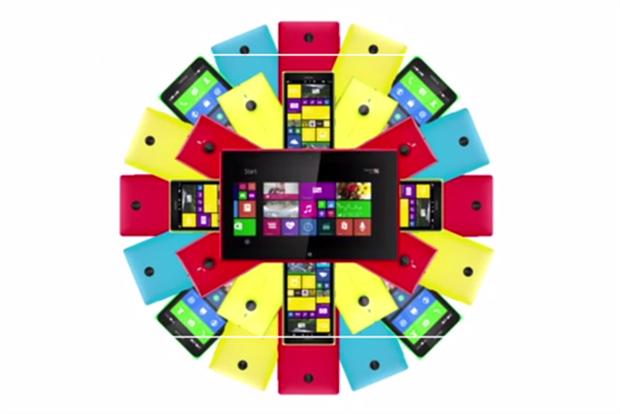
The company hopes the switch will bring Lumia closer to what Microsoft wants to stand for, which is enabling consumers to achieve more through technology.
When it bought Nokia’s handset business last year, Microsoft was licensed to use the Nokia name on feature phones and smartphones for a limited time.
The company will stick with the Nokia brand on basic phones, but has already begun phasing out the name in favour of Lumia on smartphones.
Speaking to Marketing at the for Lumia, Johnson said: "We wouldn’t have made the switch so much earlier than the [license expiry] if we weren’t confident that Lumia as the bridging brand would allow us to continue growing our market share.
"Nokia stands for a lot of great things, the brand is very [close] to a lot of people’s hearts but in reality that’s not the company that makes Lumia devices any more.
"Lumia does not have the legacy baggage that, dare I say it, Nokia has, but it also doesn’t have some of the great attributes Nokia has."
Microsoft has an uphill struggle to reboot perceptions in the consumer market, particularly when it comes to mobile. Long associated with a declining PC market and proprietary Office software, the company has been trying to challenge Apple and Samsung’s duopoly in smartphones.
Microsoft’s mobile OS, Windows Phone, still remains fractional compared with Apple’s iOS and Google’s Android.
According to September stats from eMarketer, the firm is poised to overtake BlackBerry and become the third most popular mobile OS in the UK with 3.5 million users – 9% of the market.
That compares with Android and iOS devices, which have more than 80% of the UK smartphone market sewn up between them.
Johnson wouldn’t reveal numbers for Lumia, but maintained the company was "confident" it could maintain growth for the brand worldwide.



.jpg)
.jpeg)
